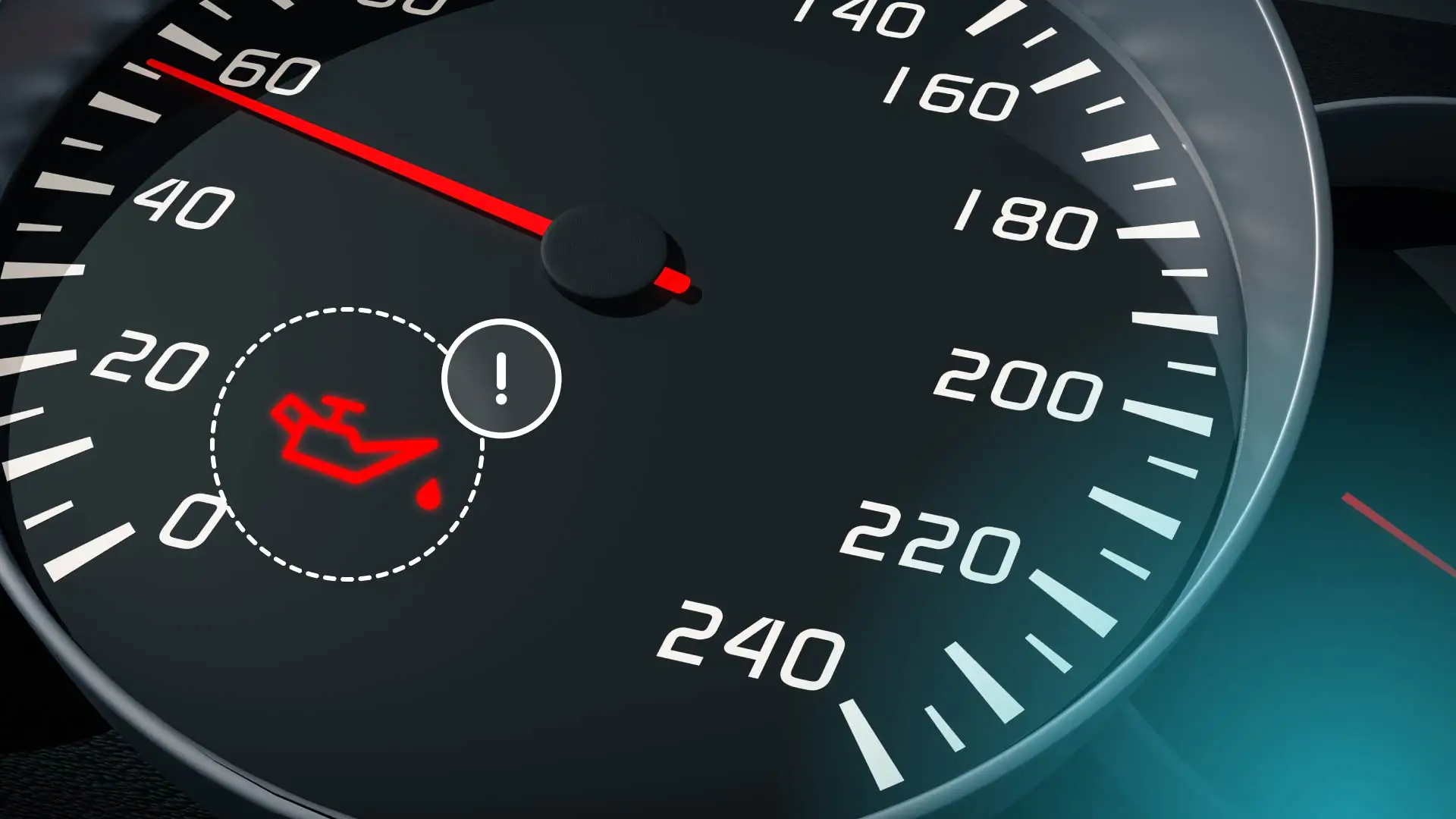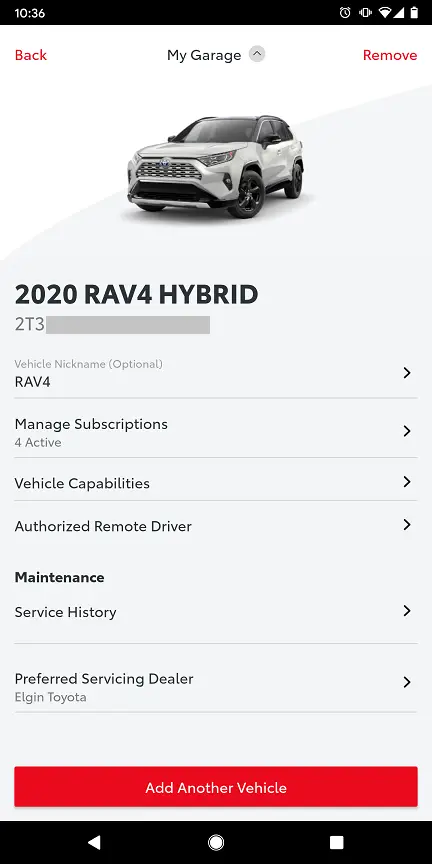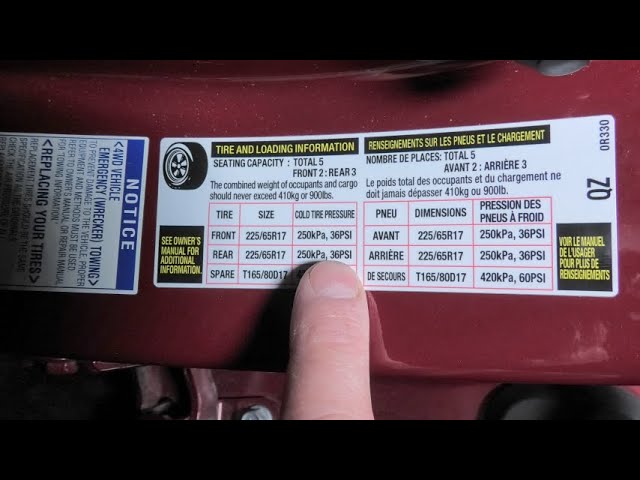The check engine light usually signals a problem in your Toyota. But does it come on for an oil change?
Table of Contents
ToggleIn this blog, we explore whether the check engine light in your Toyota alerts you for an oil change. Many drivers get nervous when this light pops up on the dashboard. It’s crucial to understand what it means and how to respond.
Some might think it’s related to oil changes, but is it really? We will dive into this topic, helping you identify the true reasons behind that ominous light. By the end of this post, you’ll know whether to head straight for an oil change or investigate other potential issues. Stay tuned for clear and simple answers.
Common Reasons For Check Engine Light
The Check Engine Light on your Toyota can signal various issues. Many drivers see this light and think it means they need an oil change. The truth is, the Check Engine Light can come on for many reasons. Let’s explore some of the common reasons for this warning light.
Sensor Issues
Your Toyota has many sensors that monitor the engine’s performance. These sensors send data to the car’s computer. If a sensor fails, it can trigger the Check Engine Light. Common sensor issues include:
- Oxygen Sensor: Measures the amount of oxygen in the exhaust.
- Mass Airflow Sensor: Monitors the amount of air entering the engine.
- Coolant Temperature Sensor: Checks the engine’s temperature.
If any of these sensors report a problem, the Check Engine Light will come on. It’s essential to address sensor issues promptly. Ignoring them can lead to more significant problems.
Emission Problems
Your Toyota is designed to meet strict emission standards. Various components work together to keep emissions low. If there’s a problem with these components, the Check Engine Light will activate. Common emission-related issues include:
- Faulty Catalytic Converter: Reduces harmful emissions from the exhaust.
- Evaporative Emission Control System (EVAP) Leak: Prevents fuel vapors from escaping.
- Malfunctioning EGR Valve: Recirculates a portion of exhaust gas back into the engine.
Emission problems not only affect your car’s performance but also the environment. It’s important to fix these issues to ensure your car runs cleanly and efficiently.
Role Of Engine Oil In Toyota Vehicles
Engine oil in Toyota vehicles ensures smooth engine performance and longevity. A check engine light may indicate the need for an oil change. Regular maintenance helps avoid potential issues.
The engine oil in Toyota vehicles is vital. It ensures the engine runs smoothly. Without it, engines could seize up or wear out quickly. The oil reduces friction and cools engine parts. It also helps keep the engine clean. Let’s explore its specific roles.Lubrication
Engine oil lubricates moving parts. This reduces friction. Reduced friction means less wear and tear. It extends the engine’s life. Proper lubrication ensures the engine runs quietly. Without it, metal parts would grind against each other.Heat Management
Engine oil helps manage heat. It absorbs heat from engine parts. This prevents the engine from overheating. Overheating can cause severe damage. Oil circulates through the engine, carrying heat away. This keeps the engine at the right temperature. “`Oil Change Indicators
Oil change indicators are essential for vehicle maintenance. They help drivers know when their car needs an oil change. Without these indicators, it would be hard to keep track of oil changes. Toyota vehicles come with different indicators to alert drivers.
Oil Change Light
Some Toyota models have a specific oil change light. This light comes on when the vehicle needs an oil change. It’s usually a yellow or orange light on the dashboard. This light is a simple reminder to service your vehicle. It ensures that you don’t forget this crucial maintenance task.
Dashboard Symbols
Besides the oil change light, other dashboard symbols can signal oil issues. The check engine light can sometimes indicate an oil change is needed. Other symbols might include an oil can icon. These symbols are designed to catch your attention. They ensure you take action to protect your engine.
Understanding these symbols helps maintain your Toyota. Regular oil changes extend your engine’s life. Pay attention to these indicators and keep your vehicle in top shape.

Credit: www.wikihow.com
Check Engine Light Vs. Maintenance Required Light
In your Toyota vehicle, you may notice two important lights on your dashboard: the Check Engine Light and the Maintenance Required Light. Both lights serve different purposes and understanding their differences can help you maintain your car better.
Differences
The Check Engine Light and the Maintenance Required Light are not the same. They indicate different issues and require different actions.
| Light | Purpose |
|---|---|
| Check Engine Light | Indicates a problem with the engine or emissions system. |
| Maintenance Required Light | Reminds you to perform regular maintenance, like an oil change. |
What Each Light Means
The Check Engine Light is a warning sign. It tells you that something is wrong with your engine or emissions system. It could be a minor issue or something more serious. Either way, it needs attention.
Possible reasons for the Check Engine Light include:
- Loose gas cap
- Faulty oxygen sensor
- Problems with the catalytic converter
- Engine misfires
The Maintenance Required Light is a reminder. It prompts you to perform routine maintenance on your Toyota. This light typically comes on every 5,000 miles. Regular maintenance helps keep your car running smoothly.
Routine maintenance tasks include:
- Oil changes
- Tire rotations
- Fluid checks
- Brake inspections
Understanding the difference between these lights helps you take better care of your Toyota. The Check Engine Light signals a problem that needs fixing. The Maintenance Required Light reminds you to keep up with routine care.
When Check Engine Light Relates To Oil
When your Toyota’s check engine light comes on, it can be worrying. There are many reasons for this light to illuminate. One common reason relates to oil. Understanding how oil issues can trigger the check engine light helps in resolving the problem quickly.
Low Oil Levels
Low oil levels can trigger the check engine light. Oil lubricates your engine’s moving parts. Without enough oil, these parts can wear down or overheat. This can cause serious engine problems. Always check your oil level regularly. If the oil level is low, add more oil. Ensure you use the right type of oil for your Toyota.
Oil Pressure Issues
Oil pressure issues can also cause the check engine light to come on. Low oil pressure means the oil is not circulating well. This can lead to parts not being lubricated properly. High oil pressure can indicate a blockage in the oil passages. Both situations can cause damage to the engine. If you notice oil pressure issues, it’s important to get your Toyota checked by a professional.
Steps To Take When Check Engine Light Comes On
When the check engine light comes on in your Toyota, it can be alarming. This small light can signal a range of issues, from minor to serious. Knowing the right steps to take can save you time and money. This guide will help you understand what to do next.
Immediate Actions
First, stay calm. Pull over to a safe spot if you’re driving. Turn off the engine. Check for obvious issues, like a loose gas cap. Tighten it if needed. Restart the car to see if the light goes off. If the light remains, reduce driving speed. Avoid heavy loads and steep climbs. This can prevent further damage.
Consulting A Mechanic
If the check engine light stays on, consult a mechanic. A professional can diagnose the problem accurately. They use a scan tool to read trouble codes. These codes point to specific issues. Fixing minor problems early can prevent major repairs. Regular maintenance is key. An oil change might not trigger the light, but neglecting it can cause problems. Keep up with your car’s service schedule.
Preventative Maintenance For Toyota Cars
The check engine light in a Toyota usually doesn’t turn on for an oil change. It’s often related to other issues. Regular maintenance can prevent unexpected problems.
Maintaining your Toyota car can save you from big repairs. Regular maintenance helps keep your car running smoothly. It also extends the life of your vehicle. One important part of maintenance is oil changes.Regular Oil Changes
Oil changes are crucial for your Toyota. Fresh oil keeps the engine parts lubricated. This reduces wear and tear on the engine. Dirty oil can cause engine damage over time. Stick to the recommended oil change schedule. Your car will run better and last longer.Scheduled Service
Toyota recommends regular service checks. These checks help catch small problems early. Fixing small issues can prevent major repairs. The check engine light may come on for various reasons. Sometimes it signals an oil change is needed. Follow the service schedule in your owner’s manual. This ensures your Toyota stays in top shape. “`
Credit: www.starlingbuickgmcstuart.com
Understanding Toyota’s Warning System
Driving a Toyota, it’s crucial to understand the warning system. It ensures your car’s optimal performance and your safety. One common question is if the check engine light comes on for an oil change. Let’s delve into Toyota’s warning system to clarify this.
Owner’s Manual Insights
The owner’s manual is your go-to guide. It provides detailed information on your car’s warning lights. According to the manual, the check engine light usually signals issues with the engine or emissions system. This light does not typically indicate the need for an oil change.
For oil change reminders, many Toyota models have a separate maintenance light. This light is specifically designed to alert you when it’s time for an oil change. Refer to the owner’s manual for exact details regarding these lights.
Technological Features
Toyota vehicles come with advanced technological features. These features include various sensors and warning lights. The check engine light is part of the On-Board Diagnostics (OBD) system. This system monitors the engine and emissions system. If a problem is detected, the check engine light will illuminate.
Modern Toyotas may also feature an oil change reminder system. This system tracks your car’s mileage and driving conditions. It then alerts you when an oil change is due. This reminder is separate from the check engine light.
Here is a simple table outlining the key differences:
| Warning Light | Indicates |
|---|---|
| Check Engine Light | Engine or Emissions Issue |
| Maintenance Light | Oil Change Reminder |

Credit: www.deserttoyota.com
Frequently Asked Questions
Does The Check Engine Light Indicate Oil Change?
No, the check engine light typically doesn’t signal an oil change. It usually points to engine issues.
What Does The Check Engine Light Mean For Toyota?
For Toyota, the check engine light means there’s an issue with the engine or emissions system.
Can Low Oil Cause Check Engine Light On Toyota?
Yes, low oil can cause the check engine light to come on due to engine stress.
How Often Should You Change Oil In A Toyota?
You should change your Toyota’s oil every 5,000 to 7,500 miles for optimal performance.
Conclusion
So, does the check engine light signal an oil change for your Toyota? No, it typically doesn’t. The light usually points to engine or emissions issues. Regular oil changes are crucial for your car’s health. Always check your owner’s manual for maintenance schedules.
Consult a professional if the light comes on. Keep your Toyota in top shape by staying on top of oil changes and other services. This ensures a smoother, longer-lasting ride.
{ “@context”: “https://schema.org”, “@type”: “FAQPage”, “mainEntity”: [ { “@type”: “Question”, “name”: “Does the check engine light indicate oil change?”, “acceptedAnswer”: { “@type”: “Answer”, “text”: “No, the check engine light typically doesn’t signal an oil change. It usually points to engine issues.” } } , { “@type”: “Question”, “name”: “What does the check engine light mean for Toyota?”, “acceptedAnswer”: { “@type”: “Answer”, “text”: “For Toyota, the check engine light means there’s an issue with the engine or emissions system.” } } , { “@type”: “Question”, “name”: “Can low oil cause check engine light on Toyota?”, “acceptedAnswer”: { “@type”: “Answer”, “text”: “Yes, low oil can cause the check engine light to come on due to engine stress.” } } , { “@type”: “Question”, “name”: “How often should you change oil in a Toyota?”, “acceptedAnswer”: { “@type”: “Answer”, “text”: “You should change your Toyota’s oil every 5,000 to 7,500 miles for optimal performance.” } } ] }







